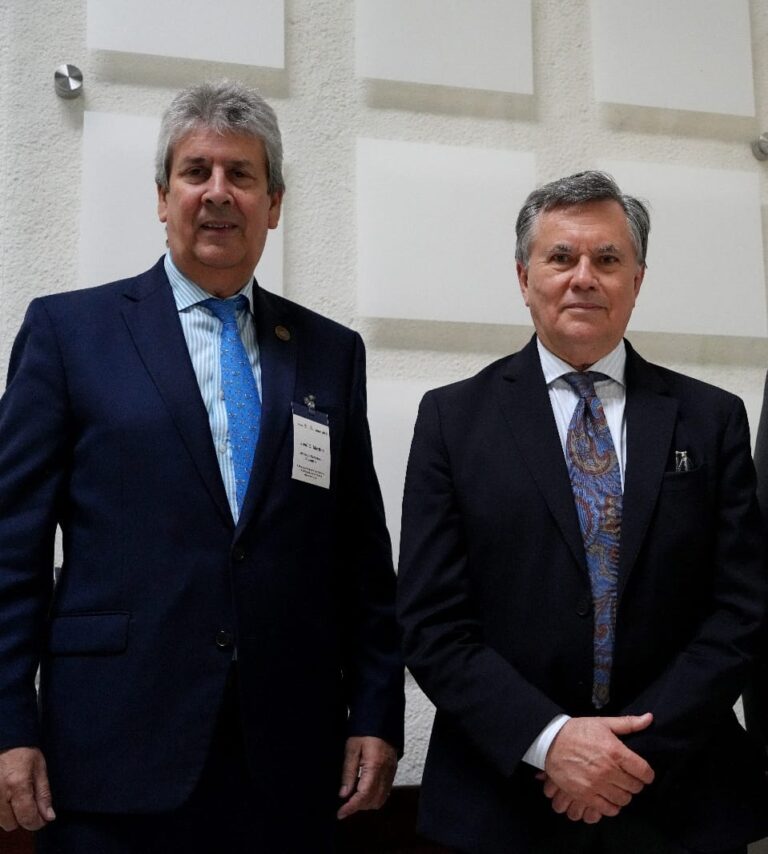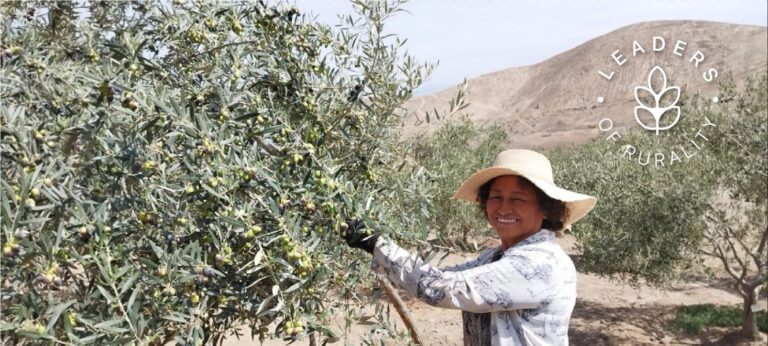
San José, 6 December 2024 (IICA) – The region’s leading international organizations convened at the headquarters of the Inter-American Institute for Cooperation on Agriculture (IICA) to agree on and promote new public policies aimed at transforming agrifood systems to enhance productivity, sustainability, and resilience.
This two-day workshop builds on the sustained collaboration among international organizations in response to the growing complexity of global challenges. Key issues under discussion include environmental sustainability, food security, the bioeconomy, environmental services, and technological innovation.
Participants included IICA, the Inter-American Development Bank (IDB), the World Bank, CAF-Development Bank of Latin America and the Caribbean, ECLAC, the Organization for Economic Cooperation and Development (OECD), the International Food Policy Research Institute (IFPRI), the Bioversity-CIAT Alliance, the Consultative Group on International Agricultural Research (CGIAR), and the FAO.
In addition to international organization members, high-level public policymakers and implementers from the Americas, as well as academic and private sector representatives, are attending both in person and virtually at IICA’s headquarters.
The event aims to strengthen and accelerate the transition to a new generation of public policies in Latin America and the Caribbean. This comes at a time when agrifood systems are facing demands not only to combat hunger but also to address environmental conservation, economic development, and social equity.
“We welcome you with IICA’s unwavering commitment: to build sustainable, inclusive, and resilient agriculture for the Americas. The sector’s transformations in the next 30 years will be as disruptive as those over the past 10,000 years, according to leading observers”, said IICA Director General Manuel Otero as he opened the sessions.
“We are the world’s largest net food-exporting region, and we must navigate the new frontiers of knowledge to foster prosperity in rural areas. Producing more food with fewer natural resources is essential for more resilient agriculture”, Otero added.
He also addressed the environmental uncertainty following COP 29 in Azerbaijan, which highlighted ongoing challenges in implementing the Paris Agreement. Otero stressed the need for political will and financing to empower farmers as co-actors in more sustainable, resilient, and inclusive approaches.
He called for collective efforts to craft new public policies, establish new institutional frameworks, and create a narrative that emphasizes agriculture’s role in addressing global challenges.
Hemispheric Partnership
These IICA sessions align with efforts to strengthen the Hemispheric Partnership for Food Security and Sustainable Development in the Americas, an initiative launched by IICA to promote collective action. Joaquín Arias, Coordinator of IICA’s Public Policy Observatory for Agrifood Systems (OPSAa) and event organizer, underscored this objective.
Jesús Antón, who leads agricultural risk management at OECD, noted the organization’s growing presence in the region and ongoing discussions for Brazil, Argentina, and Peru to join. “Mutual exchanges are essential to building a new narrative for agriculture”, he emphasized.
Miguel Guzmán (CAF), a specialist in biodiversity and climate, highlighted the need for public policies to translate effectively into concrete actions. “We must deepen the dialogue between mitigation and adaptation, integrating issues like biodiversity protection and productivity”, he said.
Joanne Catherine Gaskell of the World Bank expressed the institution’s willingness to finance and support new public policy development in the region. “This is a global challenge and also a regional one”, she noted.
For his part, Pedro Martel of IDB noted that, “We cannot claim to be transitioning towards agrifood systems transformation without first having a clear understanding of what each of these concepts mean. The productivity and sustainability challenges are both critical”.
Transformative Policies
Deissy Martínez-Barón of the Biodiversity-CIAT Alliance stressed the need for resilient agrifood systems tailored to the region’s agroecosystems. “We must implement transformative policies that address both local and global challenges, including the climate crisis, food insecurity, and social demands. We can take advantage of these opportunities to join efforts in building a better future”, she remarked.
Andrea Padilla of FAO called for urgent progress in transforming agrifood systems. “We are certain of the potential that exists to achieve sustainability, building on the pillars of nutrition, production, environment, and improved living conditions”.
Valeria Piñeiro of IFPRI emphasized the importance of collaboration for a unified narrative. “Impact will be greater if we work together, moving from evidence to implementation”, she said.
ECLAC’s Mónica Rodrigues encouraged a long-term perspective. “We must respond to the challenges of the next 50 years. We are trying to understand what is happening in the world and in our region, and what the new needs are. Agriculture must address food security, environmental protection, and development”, she explained.
Muhammad Ibrahim, IICA’s Director of Technical Cooperation, reviewed IICA’s initiatives and emphasized the need for improved metrics for public policy and capacity-building projects. “Understanding the link between human well-being and resource use is crucial, and we must be proactive”, he concluded.











